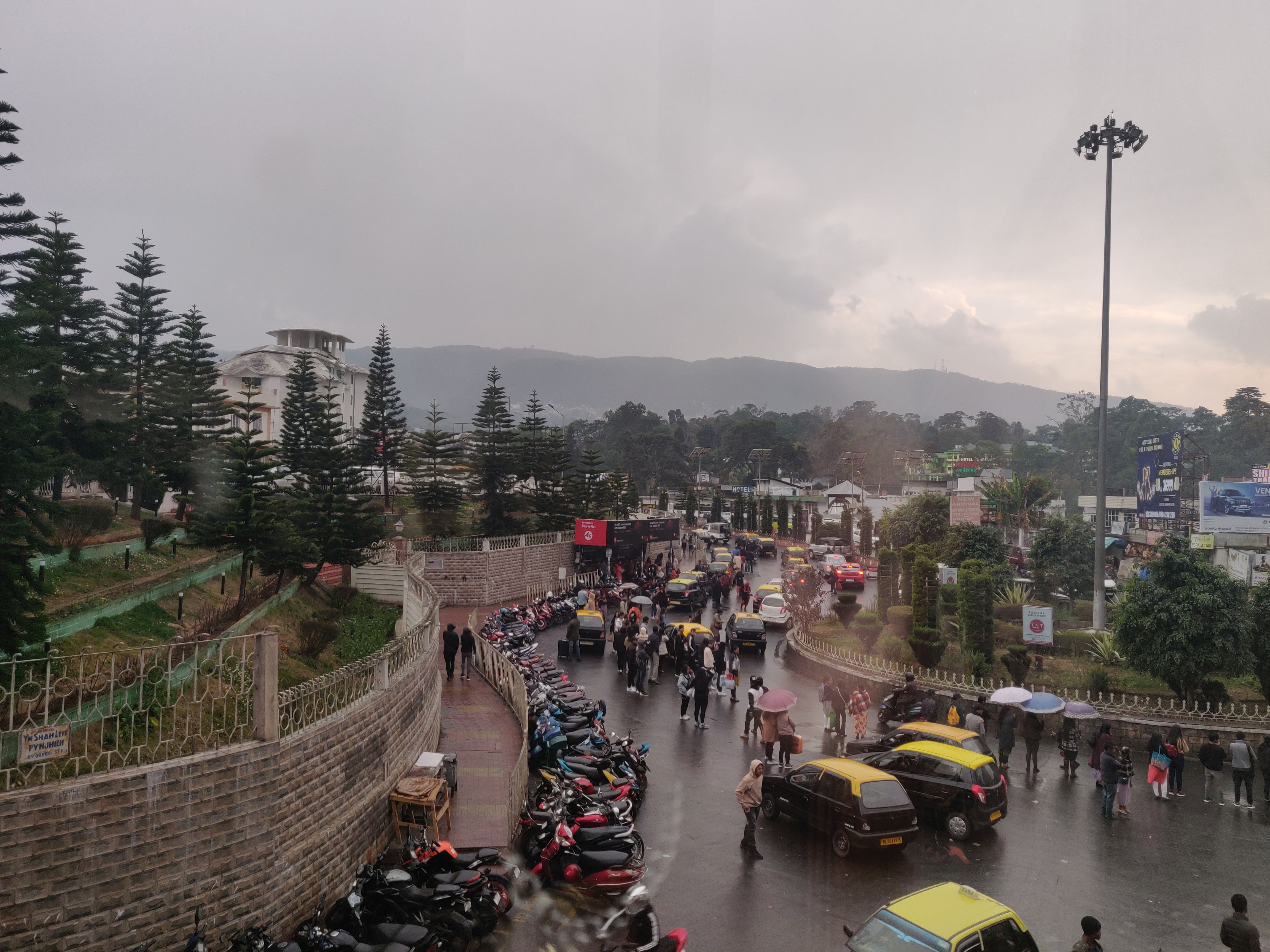Sharing is caring but not a safety protocol for cabs in Meghalaya anymore.
The global pandemic could bring about a drastic change in the way people in the state use local cabs.
Meghalaya follows a practice, which is not governed by rules under the Motor Vehicles Act, wherein passengers can share a cab.
For instance, around five different passengers or even more can get into a cab for one destination. Some get down on the way and others are picked up.
The fare, as charged by the cab driver, will be shared by the passengers.
If one waits for a cab at Khyndailad (Police Bazaar) area to travel to Laitumkhrah, there will be 10 or more others who would try to get into a cab, which will take them to the destination.
However, there are also those who prefer not to share a cab, and reserve the entire cab.
During the current pandemic, after the government allowed plying of cabs, strictures have been put in place where not more than two passengers can travel in a cab.
The cabinet, led by Conrad K. Sangma, met on Friday to discuss issues related to the increase of fares of public transport.
But the government decided not to increase the cab fares as they were hiked in January this year.
Deputy chief minister Prestone Tynsong said for local cabs, the same fare, which was enhanced in January, would continue to be applicable.
The fare to be charged is Rs 26 per kilometre, and Rs 13 for every subsequent kilometre.
“We find that the rate, which was hiked in January, is still reasonable,” he said.
Tynsong said only in Meghalaya is the practise of sharing a cab being observed. Even the Motor Vehicles Act has not provided any room for such a system. However, he did not comment whether the government would declare such a system as “illegal”.
Tynsong said the pandemic has been an “eye opener” for many, including those who own and operate local cabs.
He said the shared system has only led to losses for owners and operators.
He also advised passengers to look at the “speedometers” of the cabs while travelling so that they would know how many kilometres they have covered.
The deputy chief minister, however, said the transport department has been tasked to work out modalities for fitting meters in all cabs, like it is being practised elsewhere in the country.
If the metering system is agreed to by owners and operators, and is put into operation, Meghalaya and its residents, especially those within the state capital, the scenes of loading many passengers inside one cab will be consigned to history and become mere memories.










